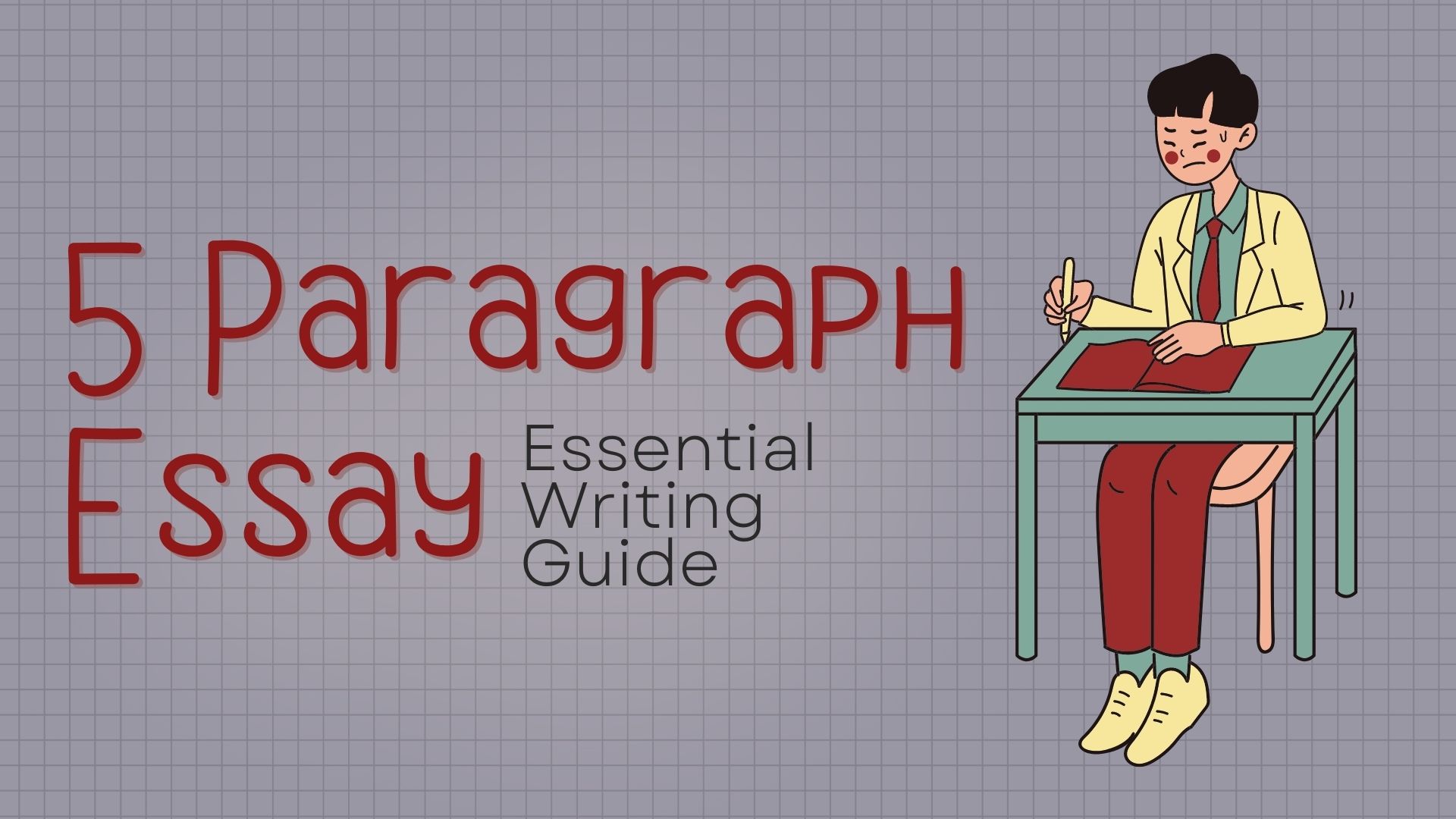What is a rhetorical analysis essay? This is a type of academic writing where the student digs deeper into a topic and uses persuasive methods to prove his viewpoint. Call it writing about other writings.
The primary goal of a rhetorical analysis essay is disrupting the writers’ words and phrases to determine the real sense. This way, you are able to distinguish the author’s writing style to establish the methods he used to interact with the audience. Some great examples include public speeches done by leaders. A rhetorical analysis essay would require you to analyze parts of the speech.
When you are faced with the task of doing a rhetorical analysis paper, some of the main questions that you can use to become successful include:
- What situation is described in the original write-up?
- Who is the speaker or author in the write-up?
- What is the main goal of the paper you are analyzing from the author’s viewpoint?
- Who is the target audience in the paper you are analyzing? Go ahead and categorize the audience based on location, interests, gender, nationality, and other factors.
- When you read the content, how does it sound?
- From your view, are the content and form of the writing corresponding?
- Taking note of the writer’s objective, does the writing complete the intentions as anticipated?
From these questions, a rhetorical essay is supposed to meet the following requirements:
- Written in the grammatically correct language.
- Concise and articulate.
- Present the analysis clearly and coherently.
- Your rhetorical analysis paper should be written in the present tense.
- It should respond to the analyzed text (article, journal, speech, or essay).
Now that we have looked at what a rhetorical analysis essay is, the next question is: “How do you write a winning rhetorical analysis paper?”
Things You Need to Know When Preparing a Rhetorical Analysis Paper
Here, we are going to look at how you should prepare before setting off to write the rhetorical analysis essay. First, you must craft a very captivating introduction that will set the stage and tone of the rhetorical analysis essay. To learn how to do this, it is important to review a great rhetorical analysis essay example. Be particular about the structuring of your essay paragraphs and then analyze the targeted text. As a writer, here is what you need to know.
- Make sure to focus on the main rhetorical stages. These can be classified into two main things. One, the appeals such as the ethos, logos, and pathos. Two, the writing style (things such as imagery, voice, and tone).
- At this early stage, it is very important to understand who the speaker or narrator is and why the method of communication was selected for the occasion and audience. Here, you need to focus on analyzing the write-up by summarizing the strategies.
- Establish how the rhetorical methods are interacting with readers in order to achieve the goal of the article, speech, or book.
- Establish why the writer decided to use this method of communication.
What is the Best Way to Start a Rhetorical Essay?
When you are still preparing to write your rhetorical analysis paper, it is important to be clear about its structure. Do not hesitate to use a great rhetorical analysis example to see the type of structure that was used by the author. If you take a closer look at the best rhetorical analysis essay outline examples, they will appear pretty like other essays you are used to writing in school.
Like other papers, a rhetorical analysis paper should start by grabbing the reader’s attention from the introduction. So what trick do you apply here? You need to look for a great hook sentence that will enthrall the reader and leave him wanting more. Remember that the hook sentence should rhyme well with the rest of the paper.
Note that while professional writers can articulately use a joke, you should be extra careful when using it. For example, you should avoid using joke hooks when working on a serious rhetorical analysis essay in disciplines such as health and engineering. We recommend that you only consider a joke type of hook when handing popular books or funny moments in a piece of writing.
When selecting a hook sentence, it is up to you to pick the preferred option. Here are some considerations when selecting a hook for your rhetorical analysis essay.
- Contradiction.
- Question.
- A great story.
- Literary quote.
- Facts and statistics.
- Metaphor.
- Anecdote.
Selecting Your Position in a Rhetorical Analysis Essay
When working on how to write a rhetorical analysis essay, picking your position is very important. The aim is to identify a position that you are going to focus on (a thesis statement). Your position is a standpoint that you want to prove as you continue writing the body of the essay. If you are analyzing a book, the thesis statement is its interpretation. How do you interpret the book? When presenting your thesis, it is advisable to be objective and avoid pronouns as much as possible.
Make Sure You Understand the Rhetorical Analysis Well
At this point, it is important to go back to the beginning and define rhetorical analysis. The definition of rhetorical analysis involves breaking the works of a writer to determine how various sections work together, right? Therefore, you need to expound on the topic under consideration to identify solutions to the problem brought out. Then, present it concisely without being wordy. This part should come immediately after the thesis. Make sure to use your preferred strategy to support the thesis.
Picking the Best Rhetorical Analysis Strategy
When working on any academic work, it is important always to have a clear strategy. The strategy is what guides you on how to write a rhetorical analysis paper from the beginning to the end. First, it will help you craft a hook sentence, a thesis, and how to write the body of the paper. One of the most important components at this point is establishing who the target audience is. For example, is your rhetorical analysis paper directed at the medical community, historians, teachers, or religious people?
Ethos, Pathos, and Logos in Rhetorical Analysis Essay
When these terms are mentioned, they sound very complicated, aren’t they? But they have been in use for many years since their creation by Aristotle. In his Rhetoric book, Aristotle used and explained the three terms. Here is their application in rhetorical analysis.
- Ethos: These appeals to ethics and are used to gauge the credibility of an author on various themes. When writing a rhetoric analysis, you need to demonstrate why do you believe or not believe an author?
- Pathos: These appeal to emotions. Therefore, you need to evaluate the audience’s reaction to the writings. In your rhetorical essay, you need to craft an emotional response.
- Logos: This is all about thinking logically. The aim is to present alternative facts that will influence how the targeted audience thinks.
Are the three points about ethos, logos, and pathos looking complex to understand and implement? If the answer is “yes,” you are not alone. Many students get confused when they are told to use them. But the complexity should not be a reason to get you stressed. A helping hand is only a click away. You should seek writing help from experts. But it is not just the complexity of the rhetorical essay writing that will be difficult. Other factors that could stand on your way to writing a great essay include:
- Tight deadlines.
- Commitment to other activities.
- Poor writing skills.
- Lack of enough resources.
If any of the above reasons is getting on your way to crafting great rhetorical analysis papers, cheap writing help will come in handy. You can rely on our professionals because they understand what is a rhetorical analysis paper and how to write other types of papers, including term papers, coursework, admission essays, and dissertation. To our professional writers, no essay is too complex!
A Complete Rhetorical Analysis Essay Outline
While an outline is very important when writing most academic essays, you will find it even more crucial when working on a rhetorical paper. Although there are many rhetorical analysis essay example options you can follow when working on your essay, it is advisable to carefully reflect on their structures before embarking on the writing journey. Here is a great example of an outline that you should consider:
- Gather information
- Craft the essay introduction
- Work on the main paragraphs of the argument
- Conclude your rhetorical analysis essay
This point is very important and entails defining the basics of writing your paper. The items you need to select at this stage include writing style, the audience, and analyzing appeals. It is only from here that you should focus on writing the essay.
Here, you need to set the stage for the reader to know what to anticipate in the rest of the paper. You should capture the main ideas briefly and showcase the main goal. Also, you need to draw a clear thesis statement and highlight what your techniques are. Note that after identifying the main argument, it should be seen throughout the paper.
Paragraphs of the essay body are the main part of your writing. At this point, you need to bring out the main argument in every paragraph and support it with evidence. Note that when working on the main paragraphs, the thesis statement should be reflected on for good cohesion. Besides, you should include info that is credible and fresh to anchor your assertion. Remember that you can also include opposing views.
When working on body paragraphs, consider breaking them down based on rhetorical appeals. Remember to be as precise as possible. The focus should be targeted at showcasing facts about various ideas and supporting them.
To learn more about the body paragraphs, consider reading top-rated examples of rhetorical analysis.
The conclusion is another critical component of a good rhetorical analysis outline. The main goal of the conclusion is to wrap the main ideas that you have discussed in the essay. Here, you should restate the thesis and summarize the main points. Make sure to be as precise as possible. If you found gaps that need further exploration, go ahead and mention them. You can also conclude with a related question, an expression, or a forecast.
Special Tips for Writing a Rhetorical Analysis Essay
In this part, we are going to outline some useful tips that most top essay professionals have used to craft winning papers.
- Ensure to focus on analysis as opposed to arguing out.
- Avoid using the terms in this introduction and in conclusion. These terms make essays to look cluttered and could make you lose points/ marks.
- When writing your conclusion, avoid introducing new information. Simply summarize the main ideas that you brought out in the essay.
- After writing your essay, make sure to reread it several times. You could even ask an unbiased friend also to read and make suggestions for improvement.
- Use a rhetorical analysis essay example to learn how to improve your work. You could even use the best rhetorical essay example as your guideline.
- Make sure to use recent resources, at least five years old. Only refer to older materials if you are required to.
Final Take: Go for Rhetorical Analysis Essay Example from Expert
From the above demonstration, you can now craft a winning rhetorical analysis paper. The secret is to understand what a rhetorical analysis paper is and following this guideline to rake top marks. Besides, you should use a rhetorical situation example essay done by a professional to understand how every section, introduction, body, and paragraph, are done.
You should also consider working with talented writing help services to craft a great essay. They will get you A-rated papers that you can also use to learn more about rhetoric essay papers. With expert, you can never go wrong even when working on tough assignments such as rhetoric analysis papers.
It’s your lucky day! Use promo “custom20” – we’ve prepared a 20% discount off your rhetorical writing assignment from the best academic writers!





















